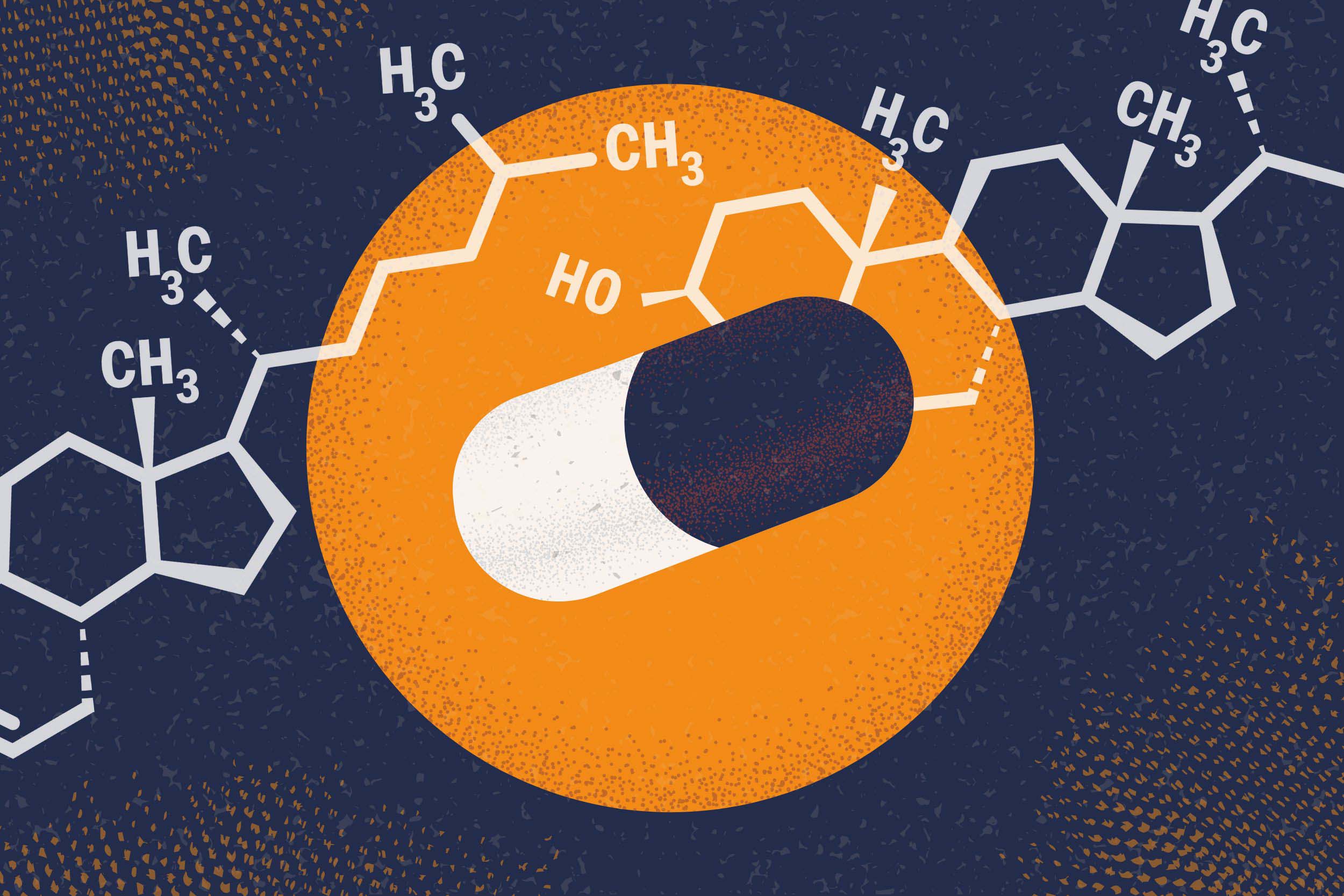A new drug in clinical trials is showing promise in lowering a key genetic risk factor for heart attacks and strokes – something no existing treatment has been able to do.
Despite a significant portion of the world’s population having elevated levels of a protein that increases the risk of cardiovascular events, there has been no treatment available to manage it. Until now.
Last week, Eli Lilly and Company announced results of a Phase 2 trial that demonstrated its drug, Lepodisiran, significantly reduced “the production of lipoprotein(a) levels by an average of 95% over the 60- to 180-day period after treatment” in the group receiving the highest dose.

Dr. Christopher Kramer is chief of the Division of Cardiovascular Medicine at UVA Health. (Photo by Lathan Goumas, University Communications)
Dr. Christopher Kramer, chief of the Division of Cardiovascular Medicine at UVA Health, moderated the session when the findings were presented last month and shared with UVA Today the key takeaways from the studies.
Q. What is lipoprotein(a)?
A. Lipoprotein(a), or Lp(a), is a protein that transports cholesterol, and having high levels is a risk factor for heart attack and stroke, separate from the risk due to high cholesterol. We have very effective drugs at lowering cholesterol, but there is an unmet need for lowering Lp(a), as cholesterol-lowering medications reduce, but do not eliminate heart attack and stroke.
Q. How many people are affected by high levels of Lp(a)?
A. Twenty to 30% of people are estimated to have elevated Lp(a) levels. Dr. Steven Nissen estimated during his presentation that there are 6 million people in the U.S. with elevated Lp(a) levels. It’s probably too soon to start screening broadly, because there is currently no drug available. Diet and exercise can help lower levels slightly, but nowhere near the level of reduction afforded by these new drugs.
Patients who have known cardiovascular disease and/or prior events should have their levels tested; that way once these drugs are out and approved, they can consider going on it. There are currently no available treatments aside from lifestyle changes that are only moderately effective in reducing levels.
Q. What were the significant findings of the recent Eli Lilly study?
A. It’s a Phase 2 study with 320 participants over the age of 40 with very high Lp(a) levels, greater than or equal to 175 nanomoles per liter. For reference, the cutoff for normal levels is 30.










